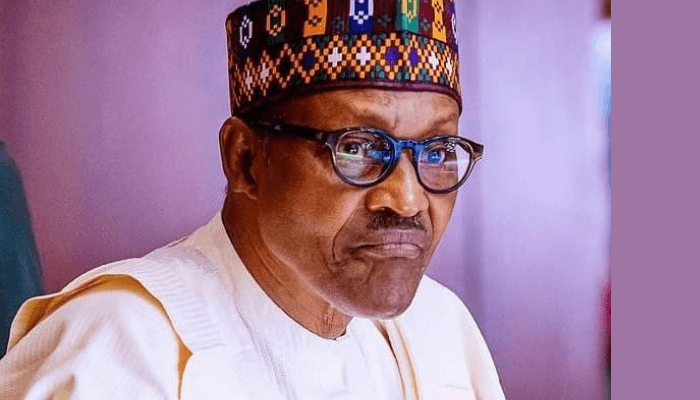Despite spearheading a number of social housing initiatives during his eight-year presidency, former President Muhammadu Buhari left office in 2023 with Nigeria’s housing crisis largely unresolved.
Buhari, a retired army general who governed Nigeria from 2015 to 2023, made significant efforts to promote affordable housing for low-income citizens. One of his notable initiatives was the creation of the Family Homes Funds Limited (FHFL) in 2017. The programme aimed to invest up to N1.3 trillion about $3 billion over five years to deliver 500,000 homes and create 1.5 million jobs.
By the end of his administration, however, the FHFL had delivered just over 11,700 housing units across several states, including Delta, Ogun, Kano, Kaduna, Yobe, and Borno. Around 64,000 jobs were created during the process, falling well short of the original targets.

In 2021, the Fund secured a N10 billion Sukuk bond, part of a larger N30 billion Sukuk Issuance Programme, marking the first certified corporate Sukuk in Nigeria. The bond was intended to finance more housing projects, but its long-term impact remains modest.
Despite these efforts, Nigeria’s housing deficit is estimated at 28 million units, according to the World Bank, with a national homeownership rate of just 25 percent. This figure lags far behind other developing countries—Indonesia (84%), Kenya (75%), and South Africa (56%).
A housing analyst, Funsho Adewole, explained that although Buhari’s administration made visible moves toward addressing the crisis, the outcomes fell short. “Most low-income Nigerians still don’t own homes. Buhari had promised one million housing units per year in 2015. The results did not match the ambition,” he told BusinessDay.
The National Housing Programme (NHP), another government initiative, faced similar challenges. Out of 6,000 homes planned across 45 sites, only 2,665 units were completed in 35 states and the FCT. The programme aimed to deliver housing that was “affordable, accessible, and acceptable,” according to Bashir Alkali, who served as the Permanent Secretary at the Ministry of Works and Housing.
When 5,000 of the completed units were listed for sale in 2021, over 7,300 applications poured in within a week, reflecting the depth of housing demand. However, barriers such as a N10,000 application fee, documentation requirements, and a starting price of N7 million for the smallest units discouraged many potential buyers.
While Buhari’s social housing initiatives were seen as the most extensive since the Shagari administration in the 1980s, housing experts agree that the overall impact was limited. Poor execution, unrealistic pricing, and limited scale meant that the broader goal of reducing Nigeria’s housing deficit was never fully realized.




